1. Abraham Lincoln’s Lost Lyceum Address
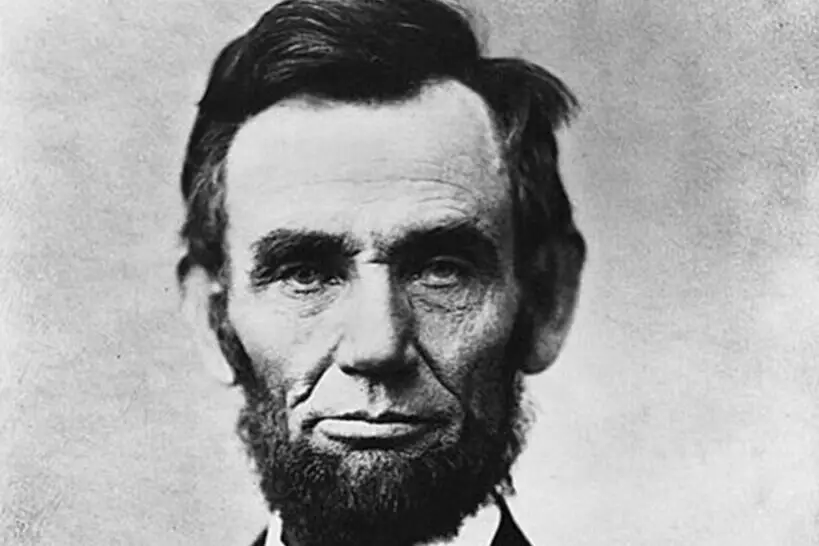
Before Abraham Lincoln became one of America’s most revered presidents, he gave a speech at the Young Men’s Lyceum in Springfield, Illinois, in 1838. The speech, officially titled “The Perpetuation of Our Political Institutions,” warned about the dangers of mob violence and the potential for tyranny from within. While the text still exists, many believe a portion of it was later edited or downplayed due to its blunt discussion of lawlessness and threats to democracy. Some early reports suggest he spoke more candidly about slavery’s role in undermining national unity. Given Lincoln’s later evolution on the issue, this missing section could have offered fascinating insight into his early beliefs shares Wikipedia.
What remains of the speech is still studied for its powerful rhetoric and eerie foresight about political instability. However, some historians speculate that political allies may have encouraged edits to soften Lincoln’s stance at the time. The original drafts, if they exist, have never surfaced. As a result, we may never know the full extent of Lincoln’s message that day.
2. Richard Nixon’s Missing 18½ Minutes
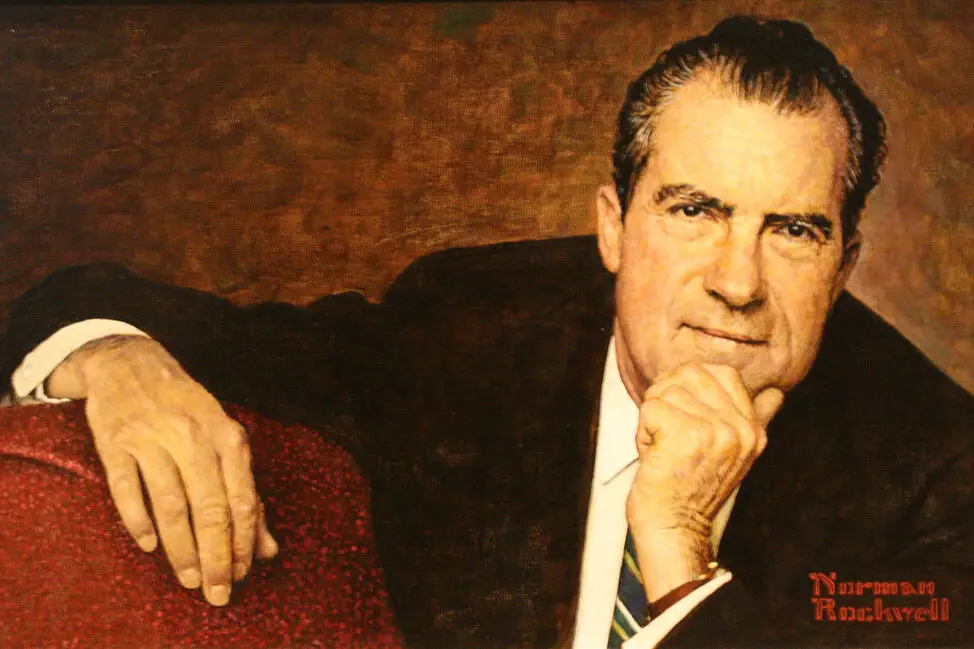
One of the most infamous erasures in political history happened during the Watergate scandal. President Richard Nixon’s secret Oval Office recordings became crucial evidence in the investigation, but a 1972 tape contained a mysterious 18½-minute gap. Nixon’s secretary, Rose Mary Woods, took responsibility, claiming she accidentally erased part of it while transcribing. However, many believe the missing section contained discussions that directly implicated Nixon in the cover-up. Despite forensic attempts to recover the lost audio, it remains one of the greatest unsolved mysteries in American politics shares ABC News.
What makes this deletion even more suspicious is that it wasn’t an isolated incident—other parts of Nixon’s tapes had been edited or redacted before they were made public. The erased conversation occurred just days after the Watergate break-in, making it highly suspicious. If those minutes had survived, they could have changed the course of Nixon’s impeachment proceedings. Instead, the world is left with speculation and an unsolved political puzzle.
3. Winston Churchill’s Censored “Iron Curtain” Warnings
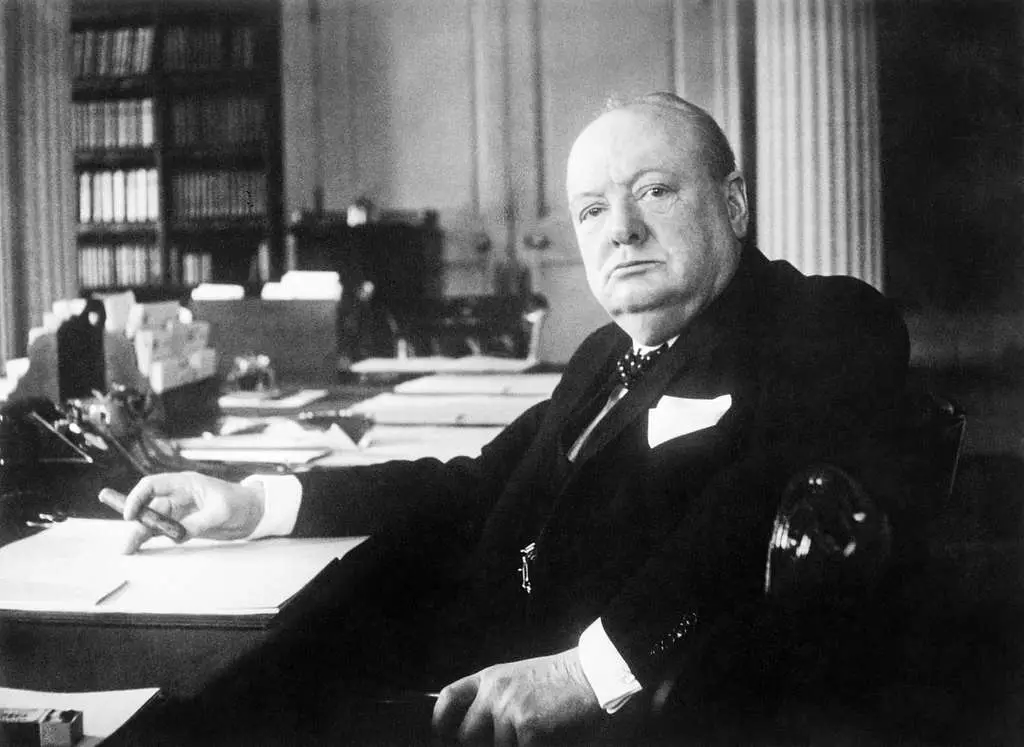
Winston Churchill’s 1946 “Iron Curtain” speech is famous for warning the world about the Soviet Union’s expansion. However, early drafts suggest that he originally wanted to take an even stronger stance against Stalin’s regime. Some accounts claim U.S. officials encouraged him to soften his language, fearing it could worsen relations between the West and the USSR. Certain phrases hinting at Soviet aggression and potential future conflicts were reportedly removed. The final speech still carried a powerful message, but it’s possible Churchill was forced to hold back some of his most dire predictions says Britannica.
Despite the edits, the speech is now considered one of the earliest markers of the Cold War. The fact that it was toned down shows just how delicate the political climate was at the time. If Churchill had delivered his unedited remarks, it might have accelerated tensions even further. The changes serve as a reminder that even historic moments can be carefully curated before they reach the public adds the History Channel.
4. John F. Kennedy’s Undelivered Dallas Speech
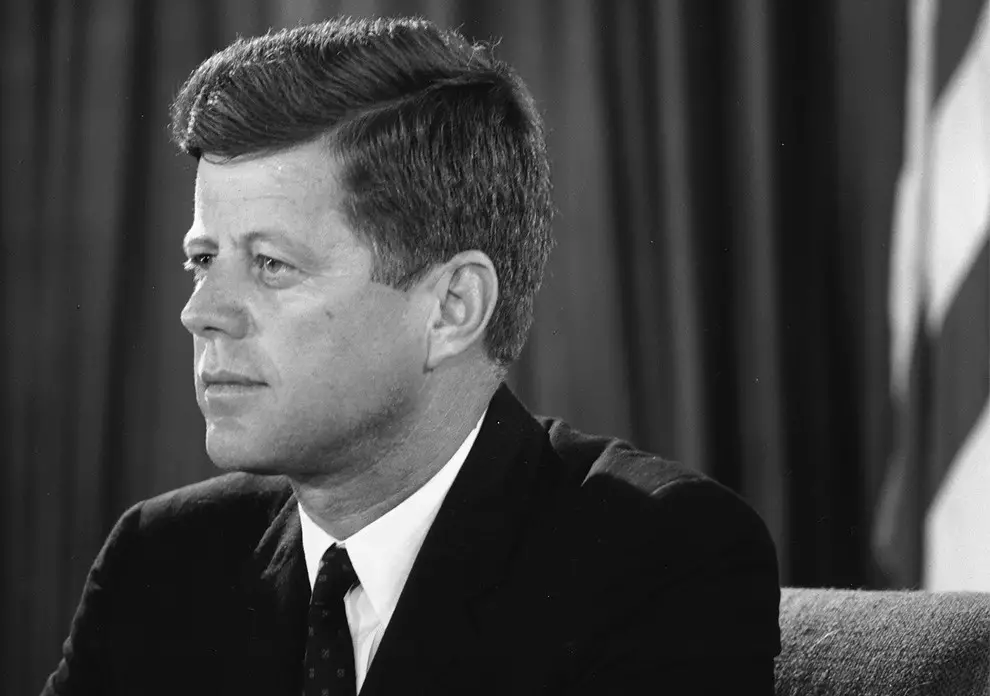
John F. Kennedy never got the chance to deliver his planned speech in Dallas on November 22, 1963. After his assassination, the full text was released, revealing a speech that focused on American strength, leadership, and global unity. What’s less well known is that last-minute edits had already removed certain passages that were considered too politically charged. Some reports suggest Kennedy wanted to address civil rights more directly, but advisors warned against it due to Texas’s racial tensions. Other sections critiquing political extremism were also softened.
Had he lived to deliver it, the speech could have provided deeper insight into his second-term ambitions. The edits, combined with his tragic death, have led many to wonder how much more forcefully he would have pursued civil rights and international diplomacy. While the speech remains a historical artifact, the alterations remind us that presidential messaging is often carefully controlled. What JFK might have said in a more candid moment will always remain a mystery.
5. The Vatican’s Edited Third Secret of Fatima
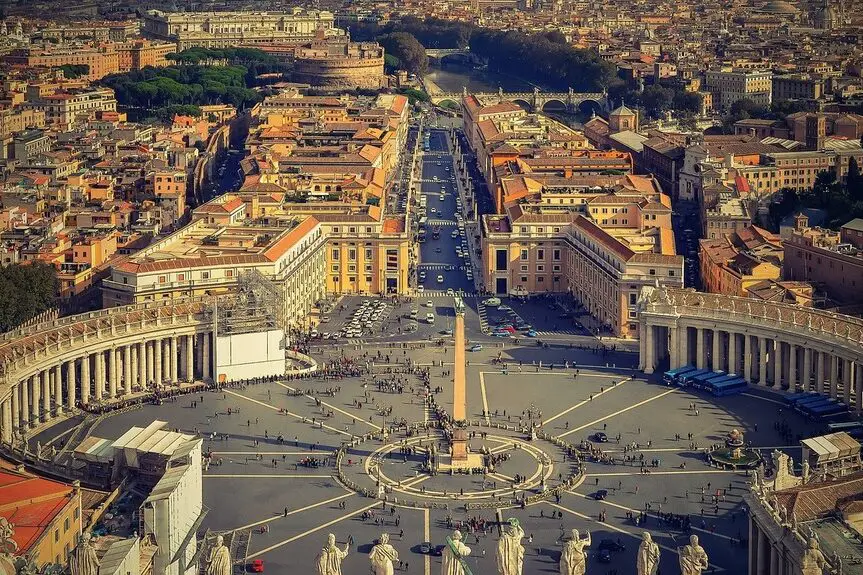
The Third Secret of Fatima, a prophecy supposedly revealed by the Virgin Mary in 1917, was kept hidden by the Vatican for decades. When it was finally released in 2000, many experts and religious scholars suspected key portions had been removed. The official version described a vision of a pope being attacked, which was later interpreted as predicting the assassination attempt on Pope John Paul II. However, rumors persist that the real secret included more apocalyptic warnings, possibly about corruption within the Church. Some believe the Vatican edited or withheld details to avoid public panic.
Despite official denials, leaked accounts from those who had read the full text suggest it was far more dire than what was released. The mystery deepened when high-ranking clergy hinted that some parts remained classified. Whether the Vatican deliberately altered the prophecy or not, the controversy continues to fuel speculation. The true content of the Third Secret may never be fully known.
6. Martin Luther King Jr.’s Removed Anti-War Remarks
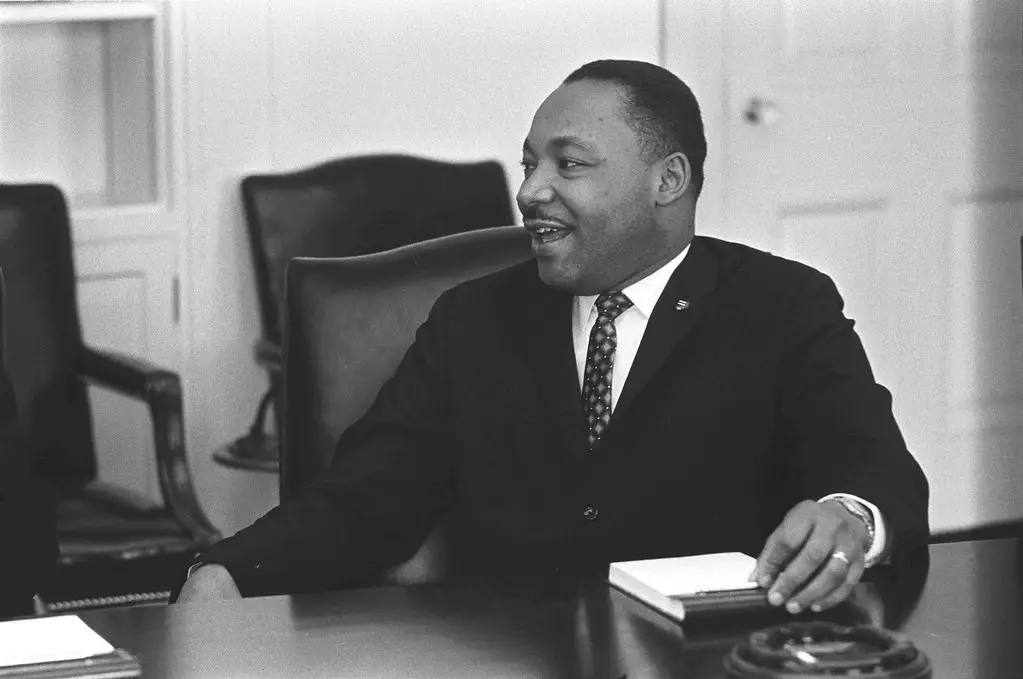
Martin Luther King Jr.’s opposition to the Vietnam War was not always welcomed, even by his own allies. When he spoke out against the war in his 1967 “Beyond Vietnam” speech, many civil rights leaders worried it would alienate supporters. Certain networks and publications edited out the strongest parts of his speech when reporting on it. He had warned that militarism and economic exploitation were deeply connected, calling the U.S. “the greatest purveyor of violence in the world.” These comments were seen as too radical, especially for mainstream audiences.
Even within the civil rights movement, some felt his anti-war stance distracted from racial justice efforts. The media’s selective coverage made it seem like King’s message was solely about peace, downplaying his broader critique of American policies. Over time, historians have worked to restore the full impact of his words. Still, many people are unaware of how much of King’s powerful anti-war rhetoric was erased from public discourse.
7. Theodore Roosevelt’s Altered “Man in the Arena” Speech
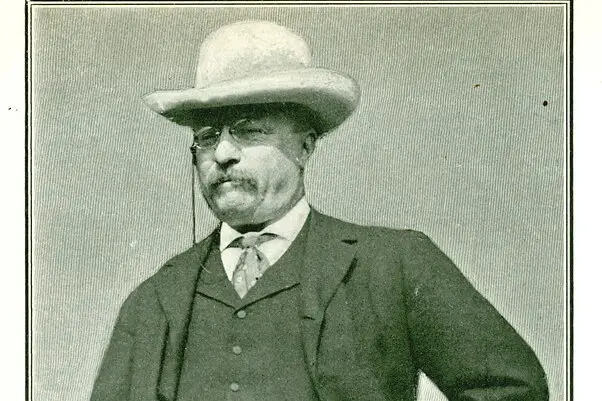
Theodore Roosevelt’s famous “Man in the Arena” speech, delivered in 1910, is widely celebrated for its encouragement of perseverance. However, early drafts suggest he originally included much harsher criticisms of political corruption and the wealthy elite. Some passages condemning corporate greed and political cowardice were softened before publication. Roosevelt, never one to mince words, reportedly fought to keep them in but eventually relented.
Had the full version been released, it might have been even more controversial. Roosevelt was already seen as a populist figure challenging entrenched power. The changes may have been an effort to avoid alienating key political allies. Even so, the speech remains one of his most quoted works, even in its edited form.
8. Ronald Reagan’s Deleted “Star Wars” Remarks
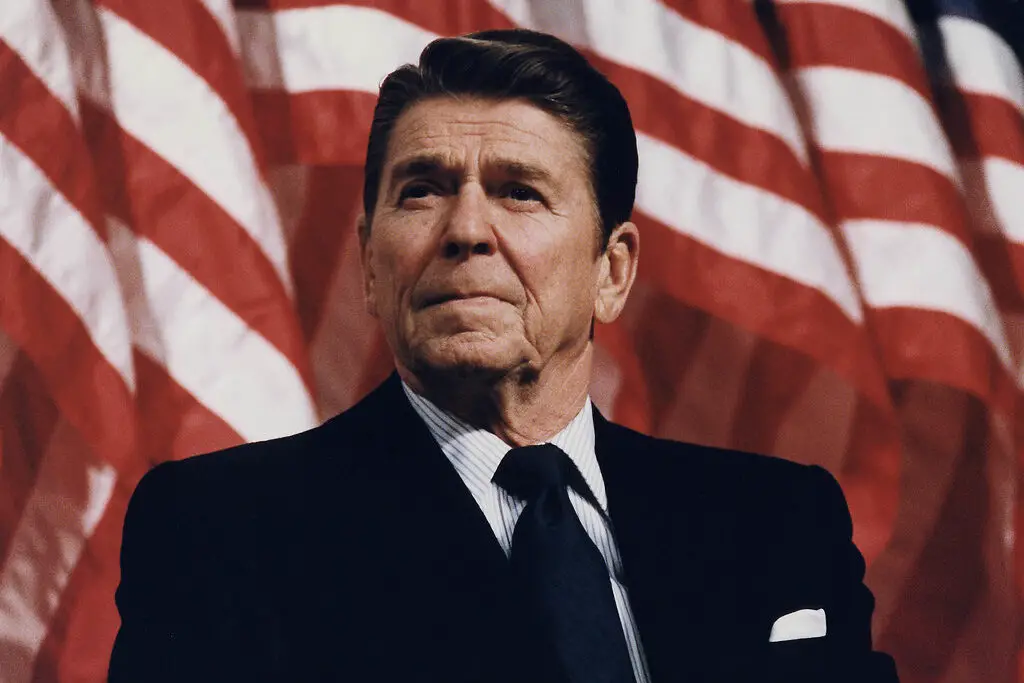
During the Cold War, Ronald Reagan’s Strategic Defense Initiative, nicknamed “Star Wars,” was a hotly debated topic. In a 1983 speech, Reagan was expected to outline the full extent of the program’s capabilities. However, at the last minute, advisors removed a section where he allegedly suggested the U.S. was prepared to use space-based weapons. The edit was likely meant to prevent international backlash.
Leaked transcripts later hinted that Reagan wanted to send a stronger warning to the USSR. If those remarks had been included, they might have worsened tensions. The edits show how delicate nuclear-era diplomacy could be. Even a few words could have shifted global policy.
9. Barack Obama’s Edited Cairo Speech
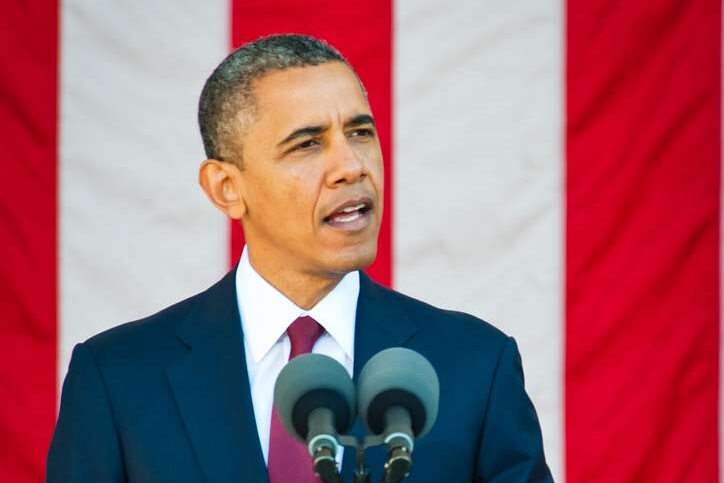
When Barack Obama delivered his 2009 speech in Cairo, it was meant to reset relations between the U.S. and the Muslim world. However, certain references to Israel-Palestine tensions were toned down before delivery. Early drafts suggested stronger language about Palestinian suffering, but these were softened to avoid political fallout.
Some White House insiders later admitted there was internal debate about how direct Obama should be. The final version still made waves, but it wasn’t as forceful as some expected. The edits highlight how diplomacy often requires careful wording. Even historic speeches are shaped by political pressures.
10. Franklin D. Roosevelt’s Removed Warnings in His Pearl Harbor Speech
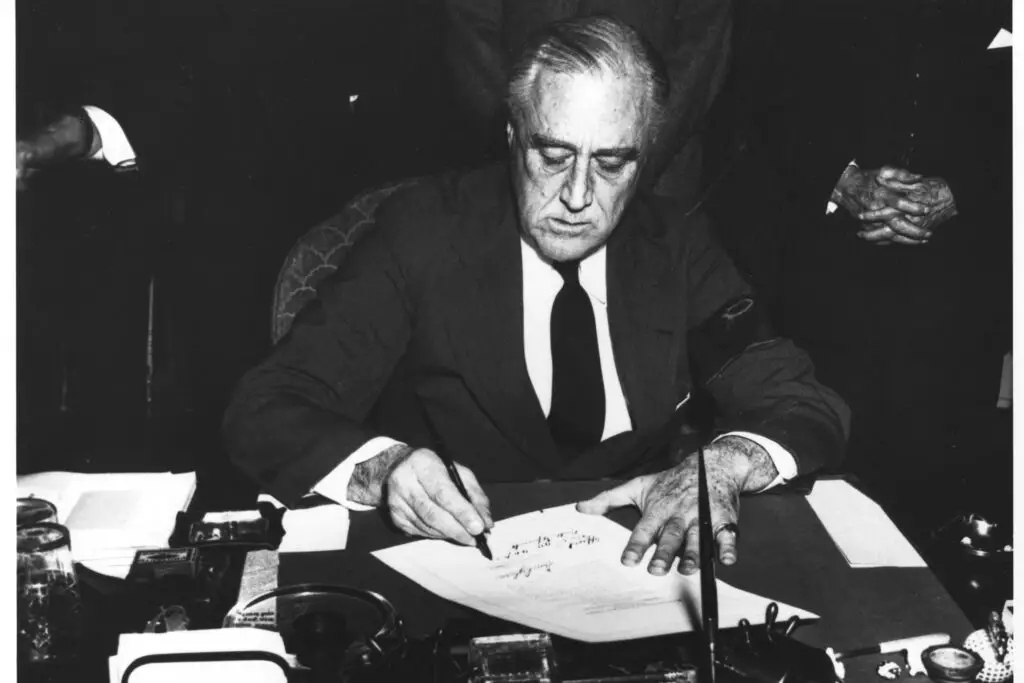
Franklin D. Roosevelt’s famous “Day of Infamy” speech, delivered after the attack on Pearl Harbor in 1941, is one of the most well-known addresses in American history. However, early drafts included additional warnings about potential future attacks and deeper criticisms of Japan’s military leadership. Some of these harsher statements were removed before the final version, likely to maintain a more focused and rallying tone. Roosevelt was careful not to overcommit the U.S. to broader military actions beyond what was necessary at the moment.
Historians believe that had the full speech been given, it might have signaled an even stronger military response much sooner. Instead, Roosevelt stuck to a speech that united the country while leaving room for measured strategy. The edits show how even in times of crisis, leaders must carefully craft their words to shape public perception. What was left out of the speech remains an intriguing “what if” in history.
11. Joseph Stalin’s Edited Victory Speech
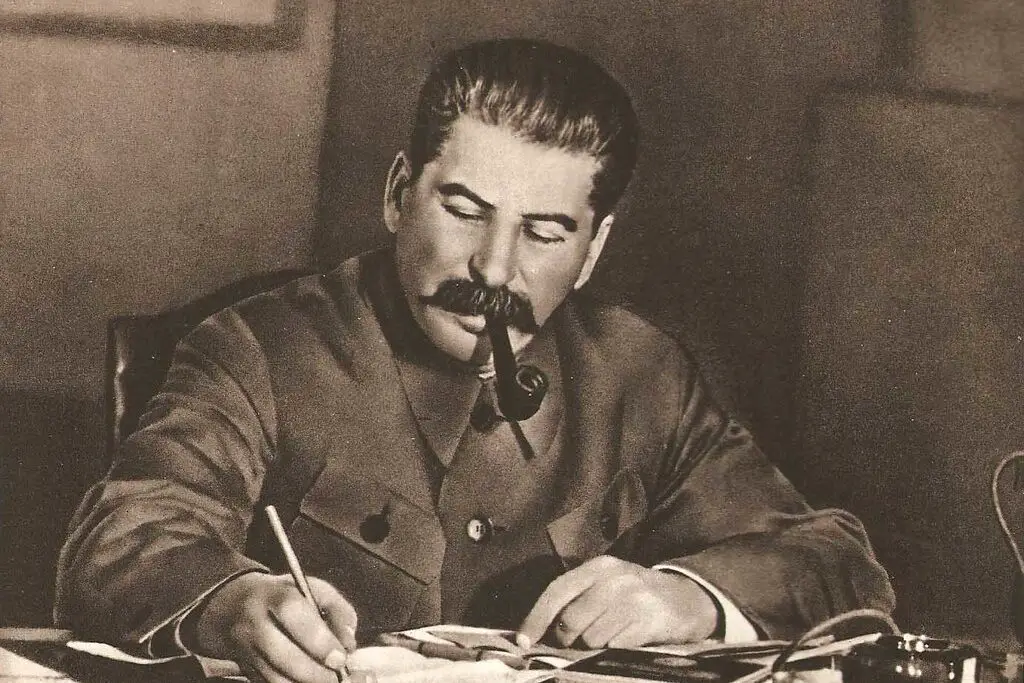
When World War II ended, Joseph Stalin addressed the Soviet people in a speech that was meant to celebrate victory. However, early drafts reportedly included acknowledgments of the immense losses suffered due to his own leadership failures, including the purges of military officials before the war. These admissions were quickly removed, replaced with a focus on Soviet resilience and strength. Any mention of the brutal conditions Soviet soldiers endured under his rule was also erased.
The final speech presented Stalin as a mastermind of victory rather than a leader who had made catastrophic mistakes. While Soviet propaganda ensured that the edited speech became the official version, historians later uncovered evidence of the original draft. Had Stalin delivered the full speech, it might have painted a very different picture of the war’s aftermath. Instead, it reinforced his carefully cultivated image as an infallible leader, a myth that persisted for decades.
